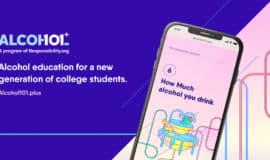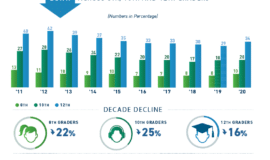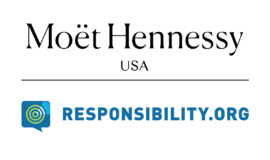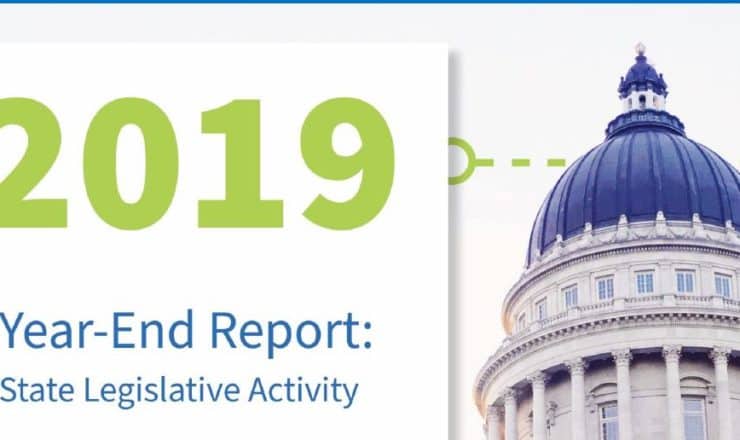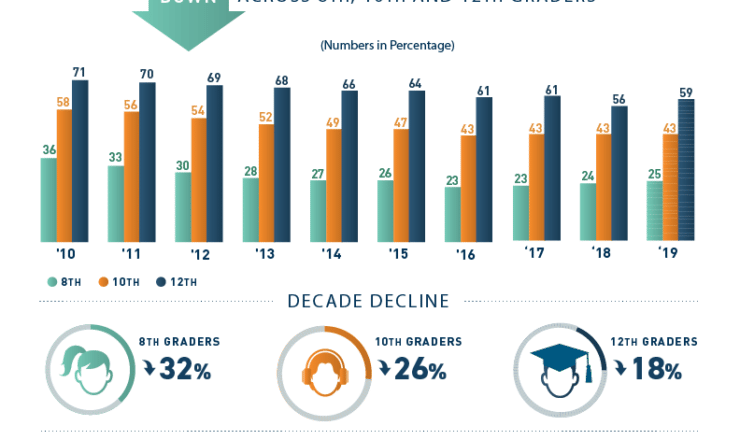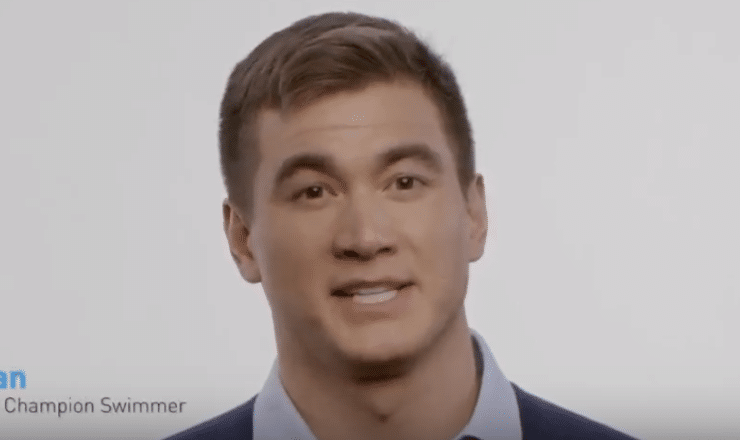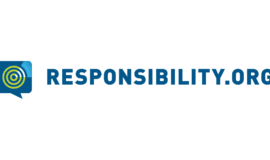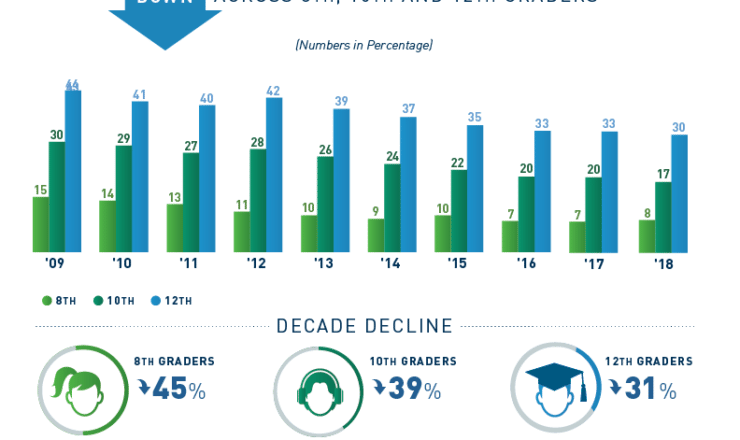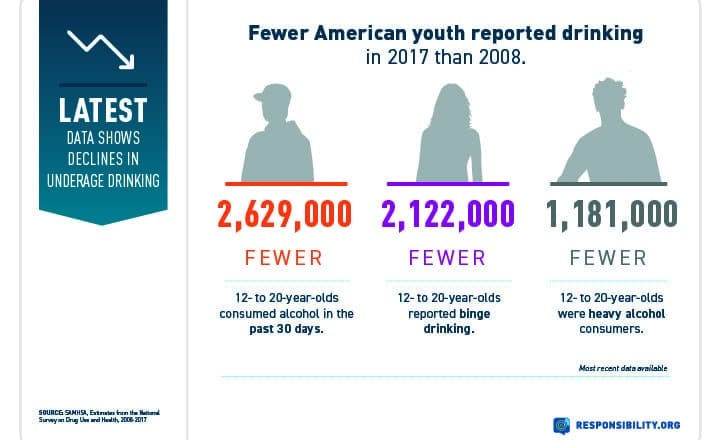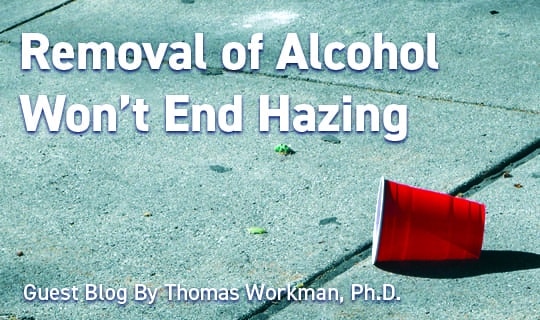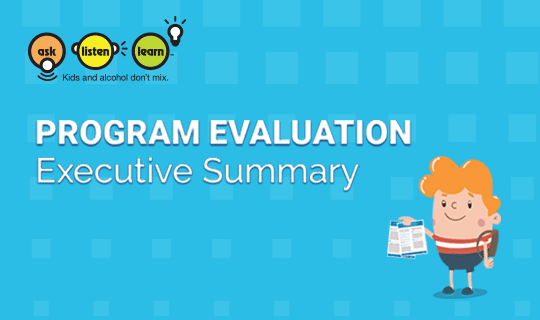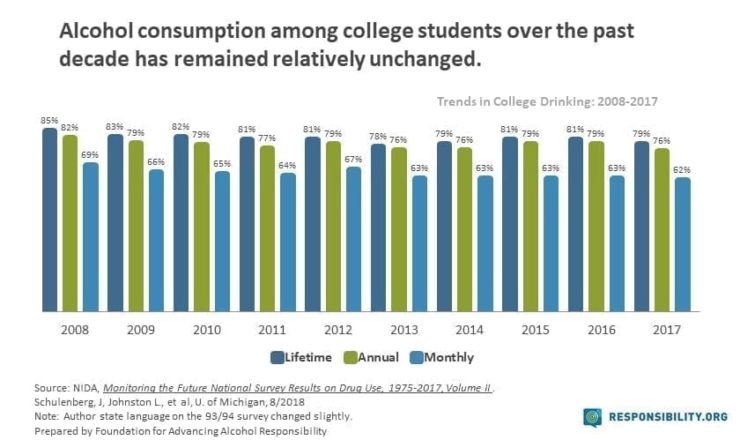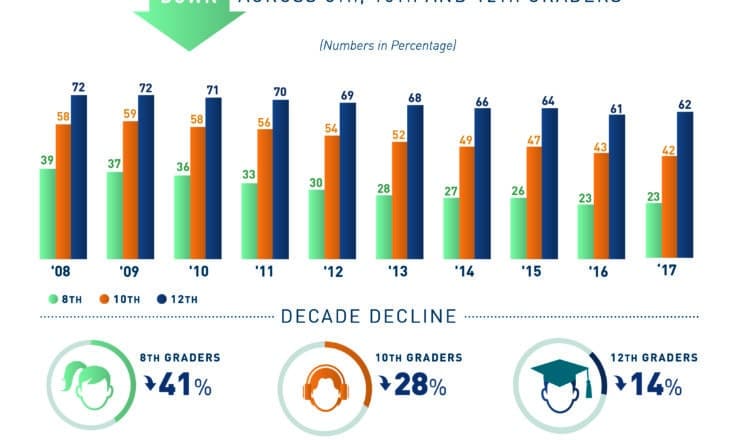What happened in Vegas?
This past week, we attended the American College Personnel Association (ACPA) annual conference in Las Vegas. It was a great opportunity for us to learn more about what is happening among college professionals at campuses to address high risk drinking.
As “the leading comprehensive student affairs association that advances student affairs and engages students for a lifetime of learning and discovery”, it was important for us to be present at this year’s conference, as it allows us to keep a finger on the pulse of the most current issues college professionals face when it comes to high risk drinking on campus.
We attended several sessions that discussed a wide range of topics. Most important to us were the sessions that studied the various aspects of high risk drinking on college campuses. Universities still have much to do on this issue; however it is encouraging that more and more research on the topic is surfacing with eye opening results.
Dr. John Lowery from Indiana University of Pennsylvania highlighted the results from his study with Dr. Donald Gehring and Carolyn Palmer regarding students’ views of effective alcohol sanctions. The audience at the session was highly engaged in the conversation, and several audience members found the study* to be extremely helpful and provided valuable insights that they can use going forward.
Furthermore, we attended two presentations by Dr. David Anderson from George Mason University. The first session concentrated on the levels of staff preparation when dealing with substance abuse. The results were disheartening to say the least. They showed that even though high risk drinking is the cause behind almost 50% of problems regarding student behavior and poor academic performance, it was still not viewed as an immediate and pressing concern by college professionals. There is definitely much room for improvement there.
In the second session Dr. Anderson presented the results of his research on Teen Drinking Cultures in the US. He provided the audience with insights from teen and parent focus groups, expert interviews and community leaders. The findings in this research were also discouraging. For example: 50% of parents don’t know why their teen would drink and 60% of parents don’t know why their teen gets drunk!
Although the research paints a gloomy scenario, it is worth keeping in mind that high risk drinking on college campuses declined 16% between 1991 and 2011. However, there is still more work to be done. Here at The Foundation for Advancing Alcohol Responsibility, we are constantly thinking of new and creative ways to address the issue! Join us in the fight to curb high risk drinking on campus!
*The first edition of the Student’s Views on Effective Alcohol Sanctions is available here. The 2nd edition will be posted in Spring of 2013.


